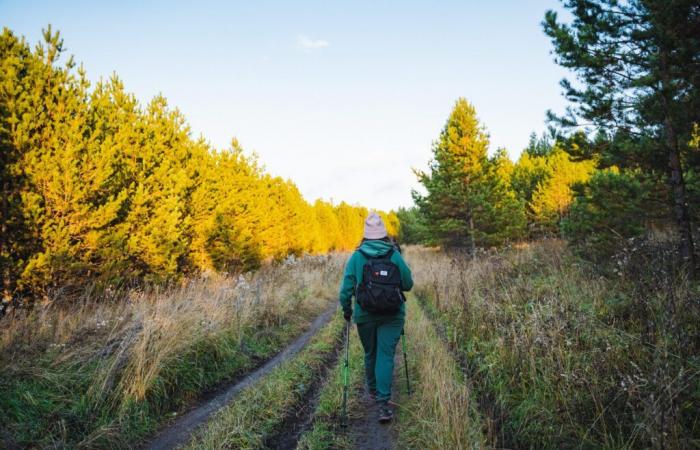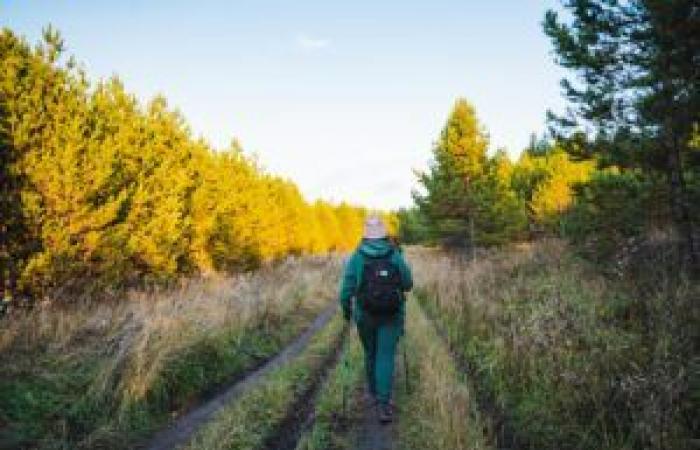Hunting regularly generates concerns for the safety of people, peaceful access to natural spaces and for the protection of animals.
In France, each year, more than 30 million animals are slaughtered in the wild and nearly one in five animals hunted comes from hunting farms. These industrial and especially artificial productions of animals are in contradiction with the authorizations for massacres given by local authorities under the fallacious pretext of regulating animal populations.
This anachronistic practice generates disorganization and degradation of ecosystems with absolute disregard for any form of ethics by using traps, some of which are non-selective, causing terrible suffering to the targeted animal species, but also to protected or domestic species. Furthermore, no assessment of the damage caused measures the effects of this barbaric activity, Proust’s madeleine of a small minority eager for gratuitous violence.
The risk to the environment that hunting represents is also very real: in fact, hunters’ shots generate massive quantities of lead and plastic which are thus left abandoned in nature, poisoning the fauna and flora. Worse, a significant number of these projectiles fired by hunters end up, during accidents, injuring or even killing adults and children, cyclists, hikers, mushroom pickers, horse riders, dogs, cats, horses…
This threat is experienced concretely by a large number of French people. 74% of them say they have already been worried about the possible presence of hunters when they walk in the forest, and 73% have already avoided walking in the forest or in certain areas for fear of a hunting accident. hunting. The experience of this concern is even greater for people living near a hunting area (respectively 81% and 80%, an increase in proportion compared to 2022). A large number of children are thus deprived of necessary contact with nature, which is nevertheless essential to their development.
Although hunting is mainly practiced in rural areas, it is not necessarily the inhabitants of these regions who hold the rifle, quite the contrary. Today, the majority of hunters come from cities, a major sociological phenomenon observed between 1998 and 2015. In fact, 67% of hunters live in cities, including 46% in municipalities with more than 20,000 inhabitants. In reality, it is rural areas that suffer the negative effects of hunting.
The vast majority of misdeeds occur on weekends (83% of accidents involving a hunting weapon). For the 2022-2023 season alone, 78 accidents including six fatalities were recorded. Hunting being the only leisure activity generating so much drama and insecurity, a recent survey (IFOP 2024) shows that 80% of French people are in favor of weekends and public holidays becoming days where hunting is prohibited.
Considering that these concerns are particularly acute in our territory, due to the hunts organized in the Grenoble area, particularly between August 29 and September 29, 2024, but also in view of the exponential number of users of the surrounding natural spaces of Grenoble, it is necessary to respond to the growing demand for security of these spaces by regulating hunting practices. The protection of walkers, animals and the flora inherent to these natural spaces necessarily requires a more harmonious balance of cohabitation between the different uses.
The City of Grenoble requests that actions be taken through national regulations prohibiting hunting during sensitive periods in order to ensure better security and promote respectful cohabitation between users of nature,
The Municipal Council expresses the wish that:
Ladies and Gentlemen Parliamentarians:
-
prohibit hunting activity during Wednesdays, weekends, public holidays and school holidays throughout the national territory;
-
eliminate any type of direct or indirect aid to animal breeding intended to artificially perpetuate deadly entertainment activities such as hunting (game breeding);
-
put an end to the classification as “pests” of species called ESOD (species likely to cause damage), hunting of which is authorized all year round and without quota or study of the effects on ecosystems.







